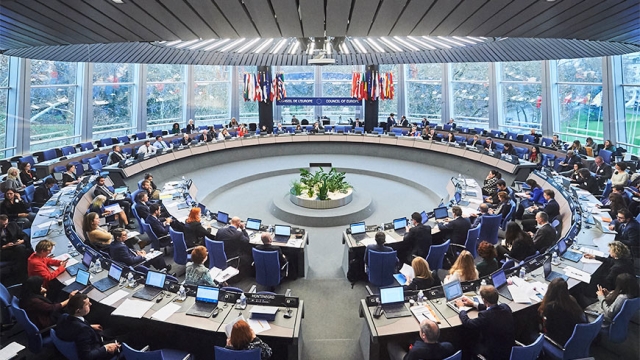Implementing European Court of Human Rights Judgments
The Council of Europe’s Committee of Ministers is holding its latest quarterly meeting to oversee the execution of judgments and decisions from the European Court of Human Rights in Strasbourg from 29 September to 1st October.
Cases to be examined in detail during the meeting concern Bosnia and Herzegovina, Bulgaria, Croatia, Georgia, Greece, Hungary, Ireland, Italy, the Republic of Moldova, Romania, the Russian Federation, Turkey and Ukraine.
The Georgian cases on the agenda are the following:
- Identoba and Others (the judgment became final in August 2015), the judgment revealed the lack of protection against homophobic attacks during demonstrations.
- Merabishvili v. Georgia (the judgment became final in November 2017), the judgment revealed the failure of the domestic courts to give sufficiently reasoned decisions for the continued pre-trial detention of the applicant, a former Prime Minister and Minister of the Interior, and use of the pre-trial detention during this period by the Chief Public Prosecutor for the illegitimate purpose of pressurizing the applicant into providing information on matters unrelated to the criminal case against him.
The Minister of Justice of Ukraine, Denys Malyuska, will take part in the meeting remotely at the invitation of the Committee of Ministers and the Council of Europe’s Directorate General for Human Rights and the Rule of Law.
Decisions taken by the Committee of Ministers will be published on the Council of Europe website as soon as possible after the meeting.
Under Article 46 of the human rights convention, judgments from the European Court of Human Rights are binding on the states concerned.
The Committee of Ministers oversees the execution of judgments on the basis of information provided by the national authorities concerned, applicants, NGOs and other interested parties.












